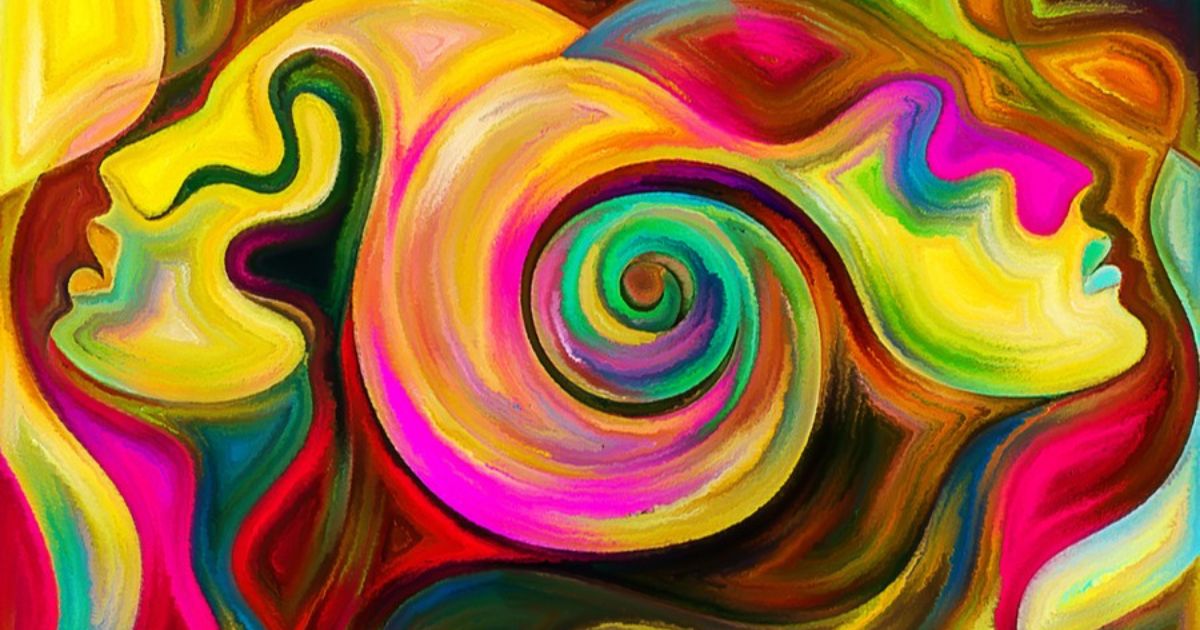In a time of growing mental health awareness, people are prioritizing their well-being amidst busy lives filled with anxiety and disruptions. Seeking guidance from therapists is now commonplace, challenging the stigma surrounding mental health. The pervasive presence of colors in our lives holds a substantial influence over our mental state and that’s why it is important to understand the psychology of colors.
Psychology of Colors: Agents of Emotion and Behavior
Colors possess a unique power to influence our state of mind, emotions, and even behavior. While the impact of colors is deeply personal and varies from person to person, studies have unveiled the intriguing ways in which different hues can affect our psychology.
Colors, it appears, are deeply rooted in our personal experiences and can wield a considerable influence over our mental states.
The serene tones of blue and green have a remarkable calming effect on our minds. They evoke feelings of tranquility and relaxation, offering a respite from the hustle and bustle of modern life. These colors can help reduce stress and promote a sense of peace and stability.
If you’re looking to whet your appetite, turn to the warm and vibrant shades of orange and yellow. These colors have been found to stimulate hunger and desire, making them a popular choice for dining spaces. The mere presence of these hues can tantalize your taste buds and enhance your dining experience.
For those seeking a surge of passion and energy, red and pink are the go-to colors. These bold and dynamic hues can inspire feelings of love, desire, and vitality. Whether it’s a fiery red dress or a romantic pink bouquet, these colors have the power to ignite emotions and create a sense of vibrancy.
Purple, a color often associated with creativity and luxury, can work wonders for boosting your inventive spirit and productivity. Incorporating touches of purple into your surroundings can help stimulate your imagination and enhance your efficiency.
While colors have universal psychological impacts, it’s essential to remember that individual experiences and associations play a significant role in determining how we respond to specific hues. As a result, identifying which colors resonate with you and in what ways is a valuable exercise.
By taking the time to understand your personal connection to colors, you can curate your living space to align with your mental well-being goals.
Whether it’s creating a calming oasis with blues and greens, spicing up your kitchen with oranges and yellows, or infusing your workspace with the creativity-enhancing power of purple, your color choices can profoundly influence your daily experiences.
As we celebrate World Mental Health Day 2023, the role of colors in shaping our psychological well-being cannot be underestimated. Colors have the potential to soothe our souls, tantalize our senses, and invigorate our spirits.
Understanding the unique impact of each hue allows us to make conscious choices in our surroundings, promoting mental well-being in our everyday lives.
In a world where mental health is of paramount importance, embracing the psychology of colors is not merely an aesthetic choice; it’s a tool for nurturing our minds and enhancing our overall quality of life.
So, as you consider your living spaces and daily environments, remember that the colors you choose can be more than just decoration—they can be an integral part of your journey toward mental well-being.



